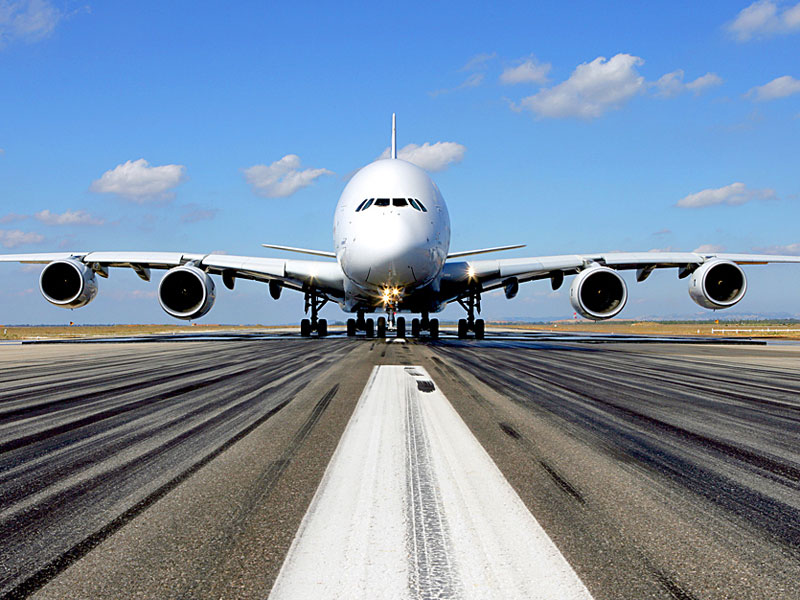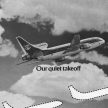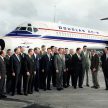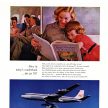The second-hand market for the Airbus A380 is facing an early test after Malaysia Airlines began talks about selling its fleet of superjumbos and Singapore Airlines confirmed it would not to renew the lease on its first aircraft..
Singapore confirmed in an email to Bloomberg that it would not extend the 10-year lease on its first A380 when it expires in October next year. It said a decision on another four planes also on 10-year leases would be made later.
Singapore was the first airline to put the A380 into revenue service in 2007 and it's decision will be seen as another blow for the struggling superjumbo.
It comes as cross-border rival Malaysia is attempting to sell sell or lease its six A380s and Qantas has indicated it will not take up eight options for new planes.
New Malaysia chief executive Peter Bellew told Bloomberg talks were underway with carriers in China and South-East Asia about offloading the planes and revealed the company was also negotiating with Airbus to add 90 seats to the 494-seat plane.
Mr Bellew said that if direct buyers weren’t found, the airline was prepared to offer the jets for lease with access to its A380 simulator, or complete with pilots and cabin crew.
A number of airlines in the region were "keen to dip their toe in the water, " he said.
The Kuala Lumpur-based carrier is focusing more on Asian flights and intends to replace the A830 on long-haul routes such as KL-London with smaller A350s.
The transaction will be of keen interest to the European manufacturer, which has seen orders for new planes fall and which announced in July that it was halving the A380 production rate to one a month by 2018.
The superjumbo failed to meet Airbus’s expectations that airlines would buy 1200 of big planes over two decades. By the end of last month, it had delivered 194 of the 319 orders it has listed from 19 customers.
Even the plane’s most enthusiastic supporter, Emirates president Tim Clark, expressed concern that Airbus might stop producing it after a failed campaign to convince the manufacturer to produce a re-engined “neo’’ version.
With 82 super-jumbos already flying and more on the way, Clark will also be among those keen to see if there is an appetite for second-hand planes.
Airbus has predicted the giant aircraft may find a new life with Asian budget airlines plying six to eight-hour routes.
The superjumbo is certified for up to 853 passengers in a one-class configuration and would allow airlines to consolidate flights at slot-constrained airports. However, the only airline to consider packing this many people into the big plane, Air Austral, cancelled its order for two aircraft.
British Airways owner IAG also sees value in second-hand A380s.
“We see second-hand A380s as an attractive opportunity,” IAG chief executive Willie Walsh told an airline economics conference in January. “I don’t mind where the aircraft come from. What we’ve said is we’re interested and therefore if there are aircraft available, don’t be afraid to talk to us. We’ve already had some discussions with potential lessors.”
























